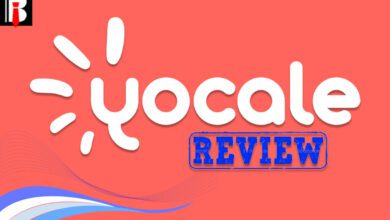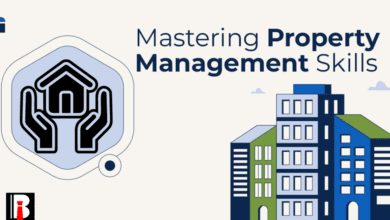How to Choose the Best CRM Solutions for Your Needs

Many businesses today are searching for effective ways to enhance customer relationships and improve the overall productivity of their company. This is where Customer Relationship Management solutions come into play. Any business’ success depends on its ties with its customers. However, even the most well-organized businesses may find it difficult to keep track of each customer’s information, and the remainder may find it basic disordered. CRM Solutions offer a centralized platform to store and access customer data, streamline communication across different departments, and provide understanding to drive decision-making. In this blog, we will explore how to choose the best CRM solution for your needs.
Quick Shortcut Headlines
How to Choose the Best CRM Solutions for Your Needs
Here we discussed some ways to choose the CRM solutions for your needs:
Identify Your Goals
Know the demands of your company, including the budget, the number of users, and the features that are necessary. Choose the precise objectives you want to accomplish by using CRM, such as increasing sales, strengthening customer service etc. Because you can choose the ideal CRM system for your needs by determining your aim. Choose the CRM tool that will be most useful for your company by ranking the next objectives in terms of relevance for your operation:
- Offer Connectivity Between Teams
- Manage Relationships
- Generate Customized Reporting
- Organize Business Operations
- Increase Profitability
Research Different CRM Options

Explore various CRM solutions available in the market. Consider industry-specific CRM software as well. Look at features like contact management, lead tracking, analytics, integrations, and customizable workflows. Read customer reviews and seek recommendations from nobles in your industry. Your business will likely grow, so choose a CRM solution that can scale alongside it. Make sure the CRM you choose can accommodate additional users, handle increased data volumes, and support new functionalities in the future.
Ease of Use and Cost
A user-friendly CRM solution is essential to ensure smooth adoption and minimal training time. Consider systems with drag-and-drop interfaces, customizable dashboards, and intuitive navigation. Big names don’t always come with great deals and all the features you need. Some outdated CRMs can include capabilities that are insufficient for your company’s needs. On the other hand, the more recent technology required to grow your market share might not be included in these older CRM solutions.
CRM suppliers frequently give tiered pricing per user to enable growth. However, be on the lookout for unstated costs and be sure the tier you select includes the features you desire.
Integration Capabilities and Security
Check whether the CRM solution integrates with your existing software stack. Smooth integration with tools like email, calendar, marketing, and customer support platforms can streamline workflows and save time on manual data entry. Data security is crucial, especially when handling customer information. Look for CRM solutions that offer robust security measures, such as data encryption, access controls, and regular backups. Verify that the CRM software complies with relevant industry regulations, like GDPR or HIPAA.
Support And Training
Consider the level of support and training provided by the CRM vendor. Look for accessible customer support channels like phone, email, or live chat. Additionally, check if they offer training resources, webinars, or onboarding sessions to help your team get up to speed with the software.
Trial And Feedback
Before committing to a CRM solution, take advantage of free trials or demos. This allows you to evaluate the software directly and determine if it meets your specific needs. Involve key stakeholders in the testing process and gather their feedback before making a final decision. Contact everyone who will use your new CRM software to get feedback and create a comprehensive list of your needs:
- Secure customer data management
- Lead management
- Project management
- Workflow automations, integrations, and customizations
- Data analytics and reporting
- Mobile CRM access
- Implementation requirements and total cost of ownership
Compile a List Of Tools
Compile a list of your tool and check it on your new CRM. Make a list of the essential CRM tools and ask your team to categorize them as necessary, nice to have, or not necessary. Consider the level of support and training provided by the CRM vendor. Look for accessible customer support channels like phone, email, or live chat. Additionally, check if they offer training resources, webinars, or onboarding sessions to help your team get up to speed with the software. Also check its,
- Reporting capabilities
- Dashboard
- Sales forecasting
- Customer satisfaction polls or surveys
- Customer support
Conclusion:
In conclusion, implementing a CRM solution can significantly improve your business operations and customer relationships. Selecting the best CRM for your company is a crucial and occasionally time-consuming task. As you begin your CRM study, the above-mentioned elements might assist in directing your decision-making. Making sure you select the ideal system for your business model is important since the appropriate CRM software will be crucial to the expansion of your company. By carefully selecting the right CRM system for your needs, you can enhance productivity, automate processes, and deliver exceptional customer experiences. So, take your time, follow these steps, and make an informed decision that sets your business on the path to success.



